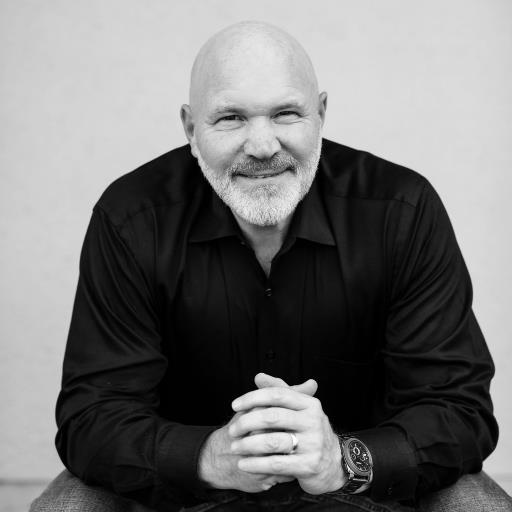
TRUE APOLOGIES
“If your brother sins, rebuke him; and if he repents, forgive him. And if he sins against you seven times a day, and returns to you seven times, saying, ‘I repent,’ forgive him.”
Luke 17: 3-4
Some years ago, I needed to get things right with a friend I had wronged. While I felt he had also wronged me a little bit, that wasn’t the issue. I had wronged him, and I needed to seek his forgiveness. I needed to own my wrong actions, repent of them, and humbly apologize—easier said than done.
When I finally called this person, I said something like this to him, “I was very wrong in the way I handled things and responded to you when we worked together. I did not support you like I should have done. I am so sorry. Will you forgive me?”
This man graciously received my apology, and he truly forgave me. Our relationship was restored again.
BUT WHAT ABOUT WHAT HE DID?
Did you know there was a part of me that wanted to say, “I’m so sorry for what I did … BUT your actions surely did not help the situation either.” I so wanted to add a “but” and justify myself a little in my apology. That’s what a “but” apology does. It tries to add a little justification to explain away our wrong behavior.
“I’m sorry I snapped at you, honey, BUT I’ve had a bad day” (i.e. it’s not really my fault).
“I’m sorry I talked bad about you to other people, BUT you provoked me” (i.e. it’s not really my fault, it’s your fault).
“I’m sorry I embarrassed you, BUT remember those times you did that to me?” (i.e. you deserved it).
THINGS TO REMEMBER WHEN APOLOGIZING
1. Be repentant. Apologies mean nothing without genuine, heartfelt repentance. If you simply mouth the words “I’m sorry” without truly being sorry, your apology is hollow and hypocritical. God doesn’t forgive us because we say some magic “I’m sorry” words. He forgives us when we are genuinely repentant.
2. Be specific. General apologies mean little to nothing. Don’t just say, “I’m sorry.” Rather say, “I’m sorry that I did _____________ (whatever it was that you did).” Specific apologies own the wrong that was done and right the wrong that was done.
3. Don’t add a “but.” When you apologize, don’t try to justify your wrong behavior with a “but.” You cannot control what other people say and do. You can only control you. And if you messed up, fess up and seek forgiveness, regardless of what you perceive the other person did to provoke your actions.
Good apologizers are humble, willing to take honest inventory of their lives and actions, and willing to do what is necessary to make things right with God and others.
Bad apologizers are filled with pride and an unwillingness to admit wrongdoing. Their theme song is, “Sin in others I can see, but praise the Lord there’s none in me!”
What kind of an apologizer are you?
Love,
Pastor Jeff Schreve,
From His Heart Ministries
Dr. Jeff Schreve believes that no matter how badly you may have messed up in life, God still loves you and has a wonderful plan just for you. From His Heart provides real truth, love and hope on over 700 radio stations each day, in 182 countries each week on TV, and is always available online. Pastor Jeff takes no income from this ministry. All donations go to furthering the broadcast outreach. As a listener/viewer supported ministry, we thank you for joining with us to help speak the truth in love to a lost and hurting world. Go to www.fromhisheart.org for more information.
SPECIAL OFFER







